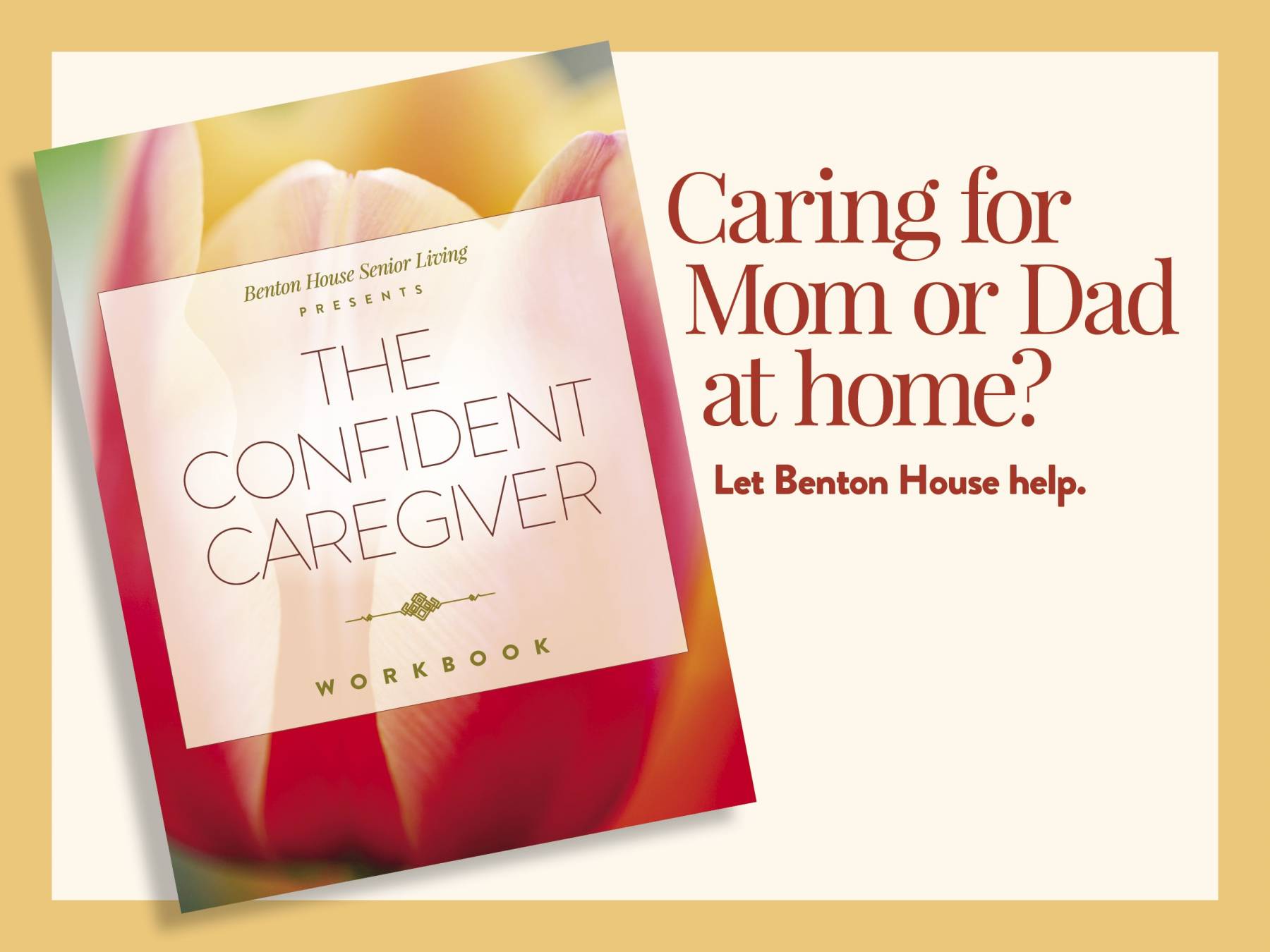Helping Your Aging Parents Plan for the Future
Have you mapped out a plan with your aging parents to address what will be done as they move toward their more senior years?
If you haven’t yet, you’re not alone. 53% of adult children anticipate that talking through senior care options with their loved ones will be difficult.
Most of Us Ignore “Getting Old”
Fact: we’re all aging. And the majority of us tend to ignore that reality. While many of us may plan for finances, that’s just a small part of the picture.
Statistically, very few of us set up legal documentation to make sure our wishes are known to our families.
For example, while 76% of people 65+ have a will, just 22.6% of those 35-44 do.
“Aging plans” Are Uncommon
The truth is, “aging plans” are rare. Many assume or even expect that family members will take care of them later in life.
27% expect their spouse to care for them
20% expect other family members to
17% expect to use a professional, paid in-home caregiver
16% expect to move to an assisted living community
10% expect to move to a nursing home
4 Reasons We Avoid Planning for Our Future
The question is, why do so many of us avoid thoughtful planning for our older years?
Here are four common reasons people often don’t plan well for aging:
- Lack of education around what retirement options exist
- Not finding a financial institution or intermediary that they feel comfortable with
- Conflicting priorities, like balancing long-term needs with more immediate ones
- Getting stuck in a do it yourself mentality and not asking for help or delegating
Medicare Isn’t Always the Answer
Many people incorrectly assume they can rely on Medicare as their safety net.
While it’s true that Medicare plays an important role for ages 65+, there is quite a lot it doesn’t cover. This can leave many people caught off guard when it doesn’t cover a particular situation.
For example, Medicare may pay for inpatient hospital stays and some home health care, but there are strict income and asset restrictions.
And while Medicare can be a useful means to pay for long-term care for low-income seniors, it does not pay for assisted living.
Veterans Are Eligible for Some Support
If you have an aging parent who is a Veteran, good news: they’re eligible for certain types of support and care.
While the VA does not pay for room or board anywhere, your parent may receive some at-home services depending on their eligibility criteria, like level of disability or income.
For example, the US Department of Veterans Affairs has a program called VA Aid and Attendance, designed to help Veterans and their surviving spouses defray costs. This program includes a range of benefits, from financial compensation to disability pension, which all have specific criteria which must be met in order to qualify.
It’s recommended to start the application process with the Veterans Administration as early as possible, so you can work with your parent to determine which services they may be eligible for.
Companionship Care versus In-Home Health Care
So what can you do as you’re considering how best to help plan with your aging parents.
First, it’s important to know there are two main types of support you may want to look into: in-home companionship and in-home health care. Let’s take a look at how they’re different.
Companionship care, like a personal care aide or care companion, is helpful for older adults who simply need extra help to live safely at home, but who don’t need additional medical services.
In-home health care, on the other hand, offers monitoring and basic medical care from a trained aide. This is important for seniors who need help with ADL (activities of daily living) such as eating, bathing, and dressing. You can hire a caregiver directly as an employee, or find one through an agency.
In-Home Care Versus Senior Housing
Once you’ve established it’s time for your aging parents to get some extra support, you’ll need to discuss whether it’s best to have in-home help, or if it’s the right time to find a senior living option that feels good to them instead.
There are many things to consider, from how much medical support they require, to whether they’d enjoy the companionship of a senior living community.
If senior housing is something you’re considering, it’s a good idea to start researching and calling around sooner rather than later, because senior living communities tend to have high occupancy rates.
Next Steps
Helping your aging parents map out a plan for the future may seem intimidating.
But once you start taking small steps, and learning together, you may find it both rewarding and comforting to develop a plan together.
Have questions? We’re always here to talk through how we can best support you and your family.
If you could use any more specific guidance on planning for the future, we’d love to help. Feel free to call us at 855-461-2552, or send us a message, anytime.



